Keep up to date on current trends and technologies
Web - Community

REST, GraphQL, and Founding a Startup, with Michael Paris and Vince Ning
Tim EvkoM. David Green

Ruby, Rails, and Imposter Syndrome, with Glenn Goodrich
M. David GreenTim Evko

Sass, HAML, and Inventiveness, with Hampton Catlin
M. David GreenTim Evko

The Challenges of Responsive Web Design, with Ethan Marcotte
M. David GreenTim Evko
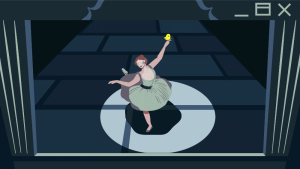
CSS Grids, Flexbox, Columns, Shapes and Regions, with Rachel Andrew
M. David GreenTim Evko

Web Publishing and Monetizing Content, with Alex Fitzpatrick
M. David GreenTim Evko
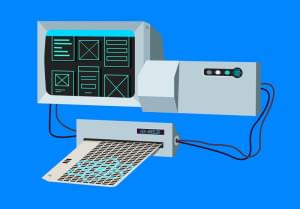
The Ups and Downs of Open-source Software, with Ken Wheeler
M. David GreenTim Evko
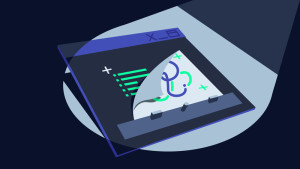
CSS Animation, and Creating Art with Code, with Rachel Smith
M. David GreenTim Evko
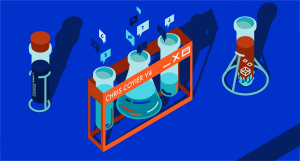
CodePen, and Getting Started on the Web, with Chris Coyier
M. David GreenTim Evko

Decoding CSS Positioning: A Master Class with Paul O’Brien
Ralph Mason
The Story Behind SitePoint’s New Typeface: Roboto
Kat Bak
Using Forms in Email: Method or Madness?
Massimo Cassandro

When Bad Software Kills
Alex Walker
3 Painfully Public Site Redesign Disasters
Ada Ivanoff
Life as a Sole Web Developer
Nick Coad
Share Your Christmas Wishes and Win!
Adam Roberts
How to Write (Better) Release Notes in 7 Steps
Georgina Laidlaw
Check Your Code’s Quality with SensioLabs Insight
Peter Nijssen
7 More Mistakes Commonly Made by PHP Developers
Bruno Skvorc
20 Useful Docs and Guides for Front-End Developers
Louis Lazaris
How Many of Your Users Need Accessible Websites?
Amit Diwan
Easy Checks for Website Accessibility
Shaumik Daityari
PHP The Right Way: The Book
Bruno Skvorc
10 HTML Tags You May Not Be Using
Aurelio De Rosa
Best PHP Frameworks for 2014
Bruno Skvorc
How to Use the HTML5 Battery Status API
Craig Buckler
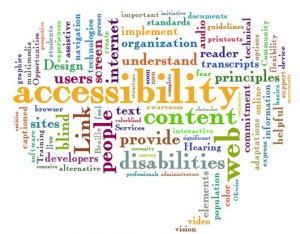
Designing For Disabilities: Section 508 and International Accessibility Compliance For Beginners
Tara Hornor
HTML5 Browser Storage: the Past, Present and Future
Craig Buckler
Talk With The Experts: CSS
Ricky Onsman
The 2013 Award for the Best Browser Goes to…
Craig Buckler
Introducing the new HTML5 template Tag
Craig Buckler
Responsive Web Design and Scrollbars: Is Chrome’s Implementation Better?
Craig Buckler
Showing 32 of 81
